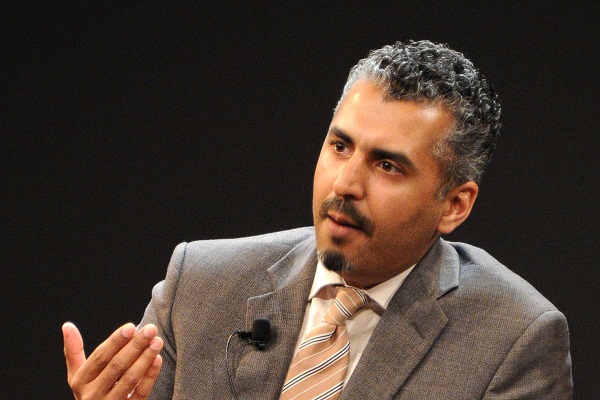The row about Lib Dem candidate Maajid Nawaz continues, with some confusion over whether or not one of his critics has a meeting with the party leadership to discuss the matter. While that unravels a little more, it’s worth thinking very briefly about the implications of this row.
The protagonists want Nawaz removed as a candidate for Hampstead and Kilburn because he has done something that offends other members of his religion. In doing so, they are arguing that freedom of speech comes with responsibility. Yet oddly, those who make these arguments for curbs on freedom of speech so that no-one gets upset never do so when it comes to their own beliefs. All religious groups benefit from freedom of speech, because their beliefs have the power to offend others. As our leading article this week sets out, that includes the rather mild and doddery-seeming Church of England, which teaches that personal sin is a serious matter requiring repentance. That’s the sort of thing that can offend people, too, but the Church and other groups benefit from the freedom to say it. Religious groups who argue for curbs on freedom of speech must realise that in the end, this would damage their own freedom too, not just that of others they don’t like.
Taking offence and trying to silence someone is also the paltry version of telling someone that you think they’re wrong and having a proper discussion about it (I’m not sure Twitter counts, either, as most debates I’ve seen on Twitter about big things that people fundamentally disagree on seem to end with one of the participants either getting bored or nagged offline by a bored spouse, or losing their rag and declaring ‘anyway, I’m too busy for this. Goodbye.’ when they’ve already spent eight hours tweeting angrily at someone).
But perhaps those who did take offence at Nawaz’s posting of the ‘Jesus and Mo’ cartoon need to remember that they benefit from free speech too. If they were successful in curbing it, they’d ultimately suffer too when someone else found their views offensive.







Comments